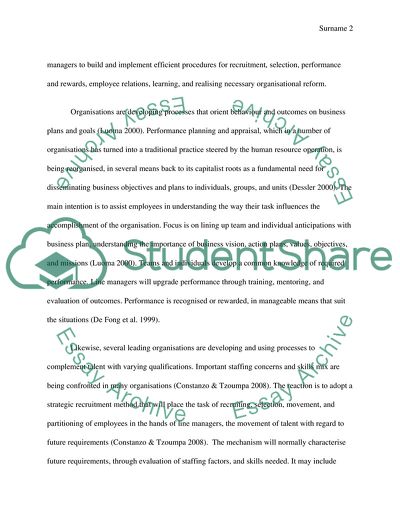Cite this document
(Delegation of Human Resource Responsibilities to Line Managers Term Paper - 9, n.d.)
Delegation of Human Resource Responsibilities to Line Managers Term Paper - 9. Retrieved from https://studentshare.org/human-resources/1738440-human-resource-management
Delegation of Human Resource Responsibilities to Line Managers Term Paper - 9. Retrieved from https://studentshare.org/human-resources/1738440-human-resource-management
(Delegation of Human Resource Responsibilities to Line Managers Term Paper - 9)
Delegation of Human Resource Responsibilities to Line Managers Term Paper - 9. https://studentshare.org/human-resources/1738440-human-resource-management.
Delegation of Human Resource Responsibilities to Line Managers Term Paper - 9. https://studentshare.org/human-resources/1738440-human-resource-management.
“Delegation of Human Resource Responsibilities to Line Managers Term Paper - 9”, n.d. https://studentshare.org/human-resources/1738440-human-resource-management.


